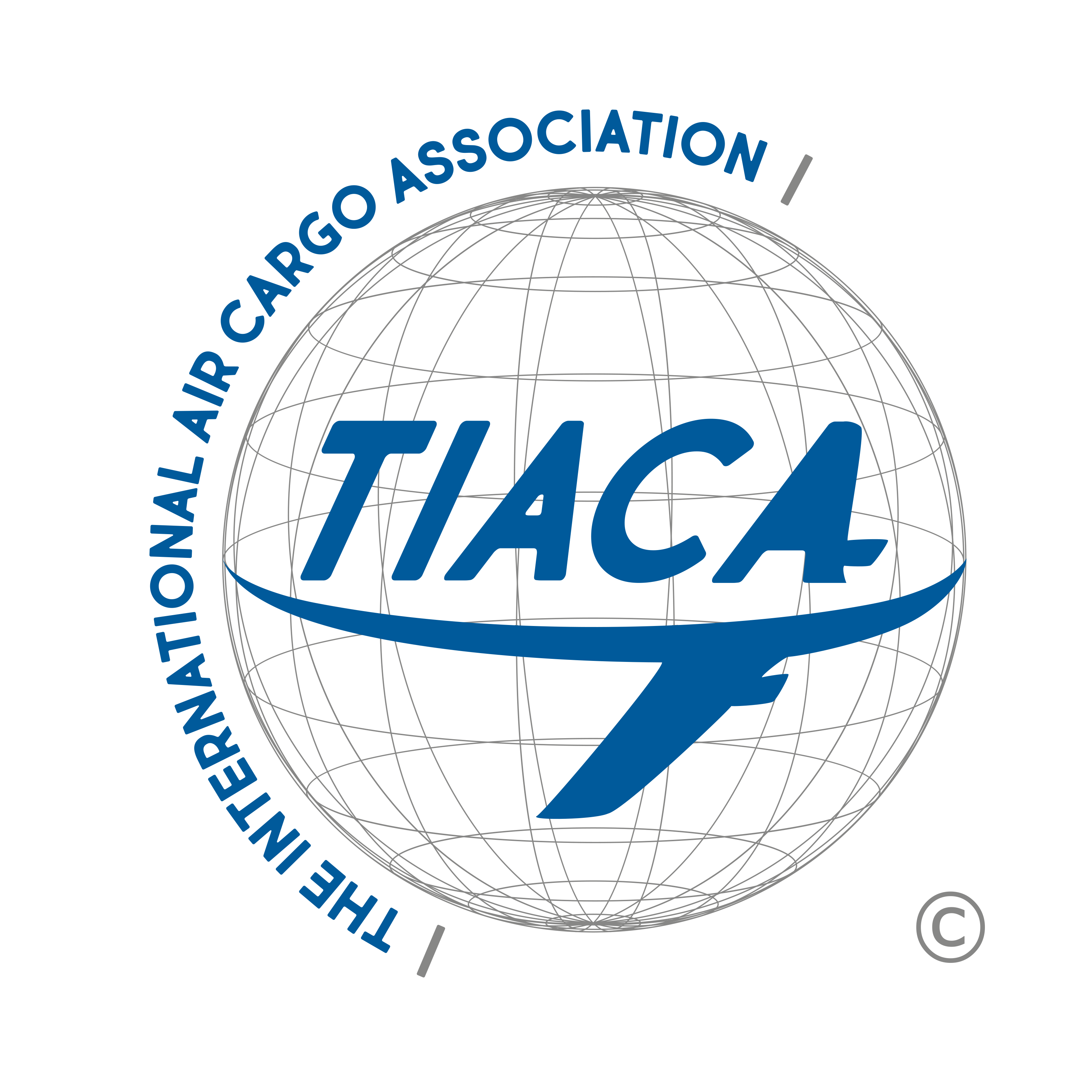Climate Action Propels Aviation for the Future
Article submitted by: South Pole – A TIACA Corporate Member
Global passenger traffic will double in the next 15-20 years – and cargo is not far behind. Amidst this growth, the aviation sector needs to urgently accelerate its green transition to limit sky-rocketing emissions. Not only are emissions bad for the climate, they are also bad for business: the reputational risks of lagging behind are obvious, and staying relevant to the rising voices of customers concerned about climate change and demanding action is key. In the long term, we need to scale technological innovation – like sustainable aviation fuels – and be more efficient in our use of resources. But what can be done today? Compensating for your emissions provides companies a means to drive change immediately. Buying offsets funnels financing to carbon projects around the world that reduce emissions on your behalf.
“Aviation has often been cited as an emissions laggard —– but improvements may finally be within reach: the industry is undergoing a paradigm shift, propelled by a combination of efficiency measures, technological innovations, and customer expectations.” – said South Pole’s Agnieszka Kwolek, Business Development Manager specialized in aviation and transportation.
“The industry is now acting on multiple fronts, and has set climate goals for the coming decade including: to build on a foundation of 1.5% annual fuel efficiency improvements from 2009 until 2020, carbon neutral growth from 2020 onward and halving of emissions by 2050 (compared to what they were in 2005)[1]. In addition to that, at South Pole, we see a growing trend of airlines[2] becoming involved in voluntary compensation of emissions: either by compensating for their own emissions or by offering this service as an opt-in or opt-out option to passengers or shippers.”.
The aviation sector recognises it’s a high intensity carbon emitter, with a global footprint of 915 million tonnes of CO2. Without further action, emissions from aviation will swell along with passenger and cargo traffic, which is projected to grow to over eight billion travelers in 2037[3].
According to IATA, “there is no alternative to aviation when it comes to long distance and low carbon travel[4]. Carbon offsetting can therefore be seen as an immediate, direct and pragmatic means to encourage action to limit climate change impacts, at least in the short-term.”
What is carbon offsetting?
To achieve thriving ecosystems and protect livelihoods on a global level, we have to tackle the problem from two ends: dramatically decrease emissions while taking responsibility for those emissions that cannot yet be avoided.
Carbon credits are a preferred solution for companies to address these unavoidable emissions. Credits also drive sustainable development around the world. A fundamental principle of carbon credits is that they fund activities that could not otherwise happen. By purchasing carbon credits, a company is putting a price on their carbon footprint. This makes carbon credits an effective decision making tool for financing climate action.
“Taking action on the carbon footprint of aviation today is not only a positive response to stakeholder pressure. It also gives companies a head start against future regulation which is increasingly imminent. Learning to measure a footprint leads to action that often saves money in the long run as well. In IATA alone, 30 member airlines have introduced an offset program. Growing the penetration of carbon compensation within the sector will be critical to drive the necessary finance towards climate action today, while focusing on scaling long-term decarbonisation measures. “ – explained Kwolek.
[1] https://www.iata.org/pressroom/facts_figures/fact_sheets/Documents/fact-sheet-climate-change.pdf
[2] [Ecosystem Marketplace (2016). Buying In: Taking stock of the role of offsets in corporate carbon strategies]
[3] https://www.iata.org/pressroom/pr/Pages/2018-10-24-02.aspx
[4] https://www.iata.org/en/programs/environment/carbon-offset/
About South Pole
South Pole, recognised by the World Economic Forum as a Social Enterprise, has been at the forefront of decarbonization since 2006. With its global climate solutions platform, South Pole develops and implements comprehensive strategies that turn climate action into long-term business opportunities for companies, governments and organisations around the world.
South Pole is also a leading project developer, and has provided nearly 1,000 projects in over 50 countries with climate finance to reduce over a gigaton of CO2 emissions, and to provide social benefits to less privileged communities who are particularly vulnerable to climate change.
For more information, visit www.southpole.com or follow us on LinkedIn, Twitter, and Facebook.

